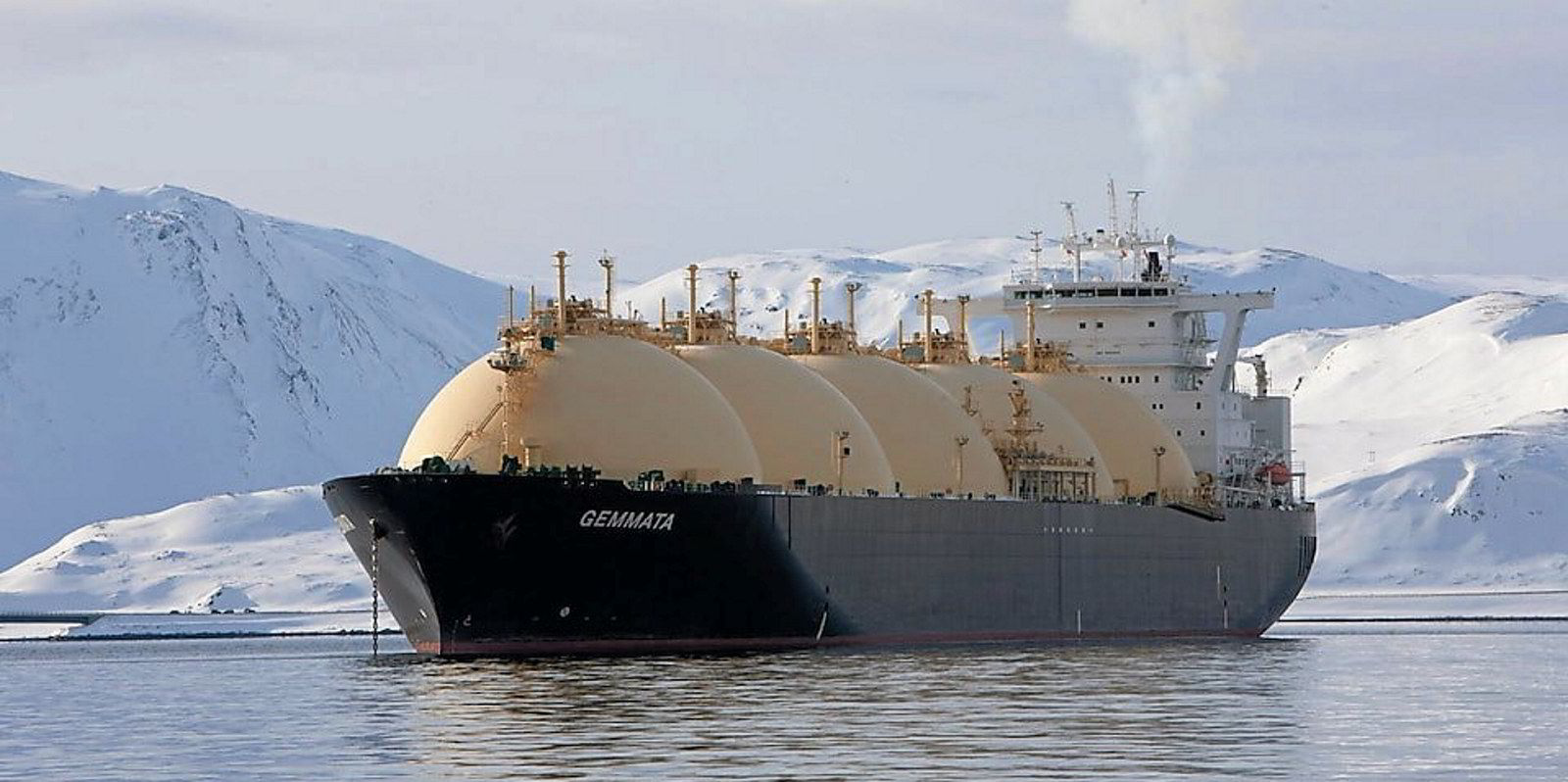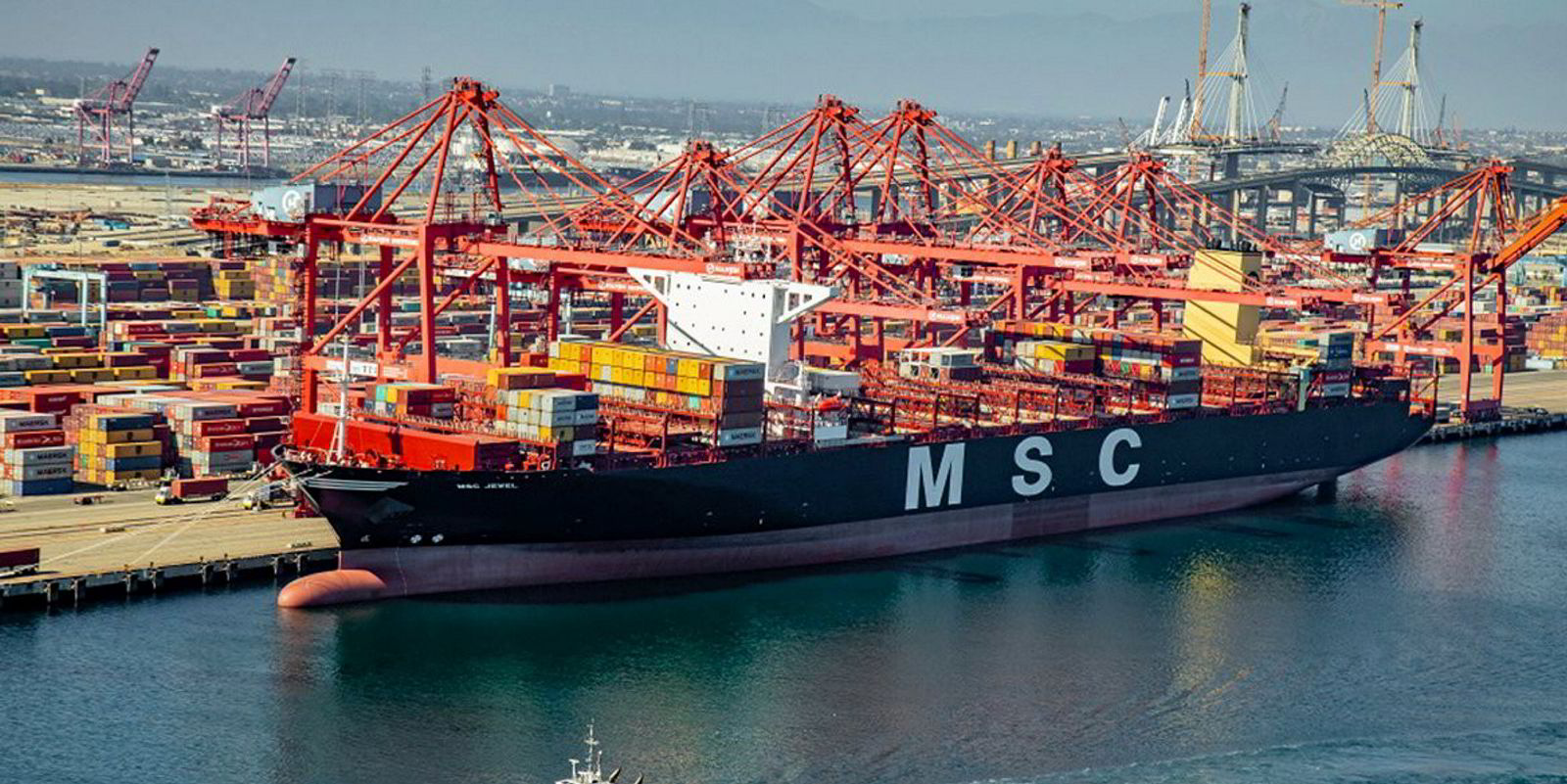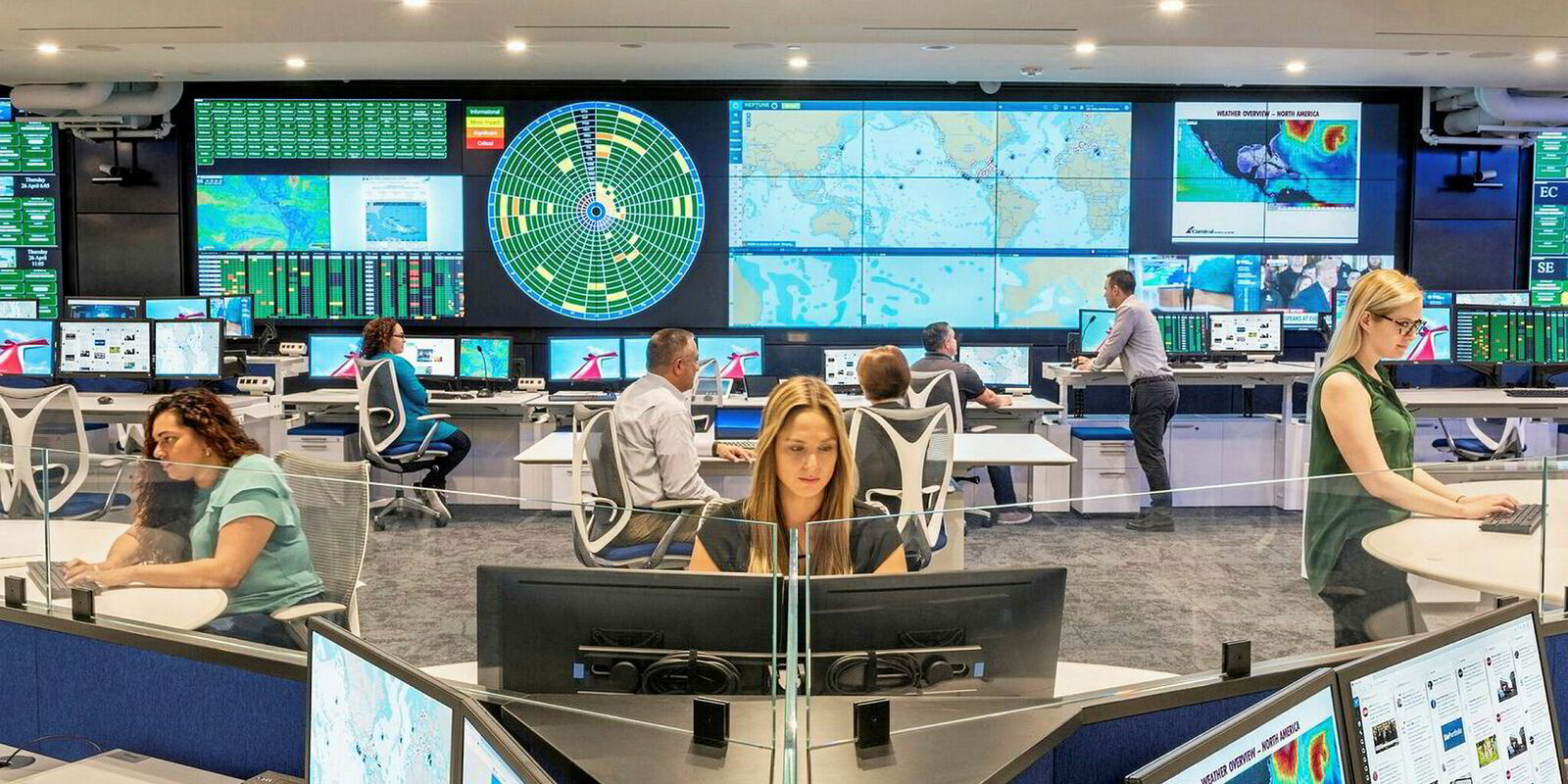Aveva could be the largest software provider to shipping and shipbuilding you have never heard of.
The UK-based software company with annual revenue of $1.6bn has its systems on more than 3,000 ships, and a 60% market share with shipbuilders around the world.
Its parent group Schneider Electric is primarily an energy-management hardware provider with its equipment estimated to be on more than 20,000 ships. It boasts revenues of $25bn.
As ships become more digitally connected, data monitoring and analysis allows vessel and fleet performance to be improved. But operators complain that myriad on-board systems do not connect with each other and pulling together data for useful analysis can be a struggle.
Aveva is stepping out of its shipyard shadows with the promise it is well placed to bridge the link between mechanical and electrical systems that will need to work together more to reduce fuel consumption and emissions.
Vice president of marine Herve Lours told TradeWinds the company provides software for the full life cycle of vessels from design to construction and the on-board digital operations.
Lours, who has been with Aveva for one and a half years, after seven at Schneider Electric, where he also led the marine business, is bubbling over with enthusiasm that a major opportunity is emerging as shipping seeks alternative fuels and combustion technologies.
Linking Aveva's electronics monitoring software with Schneider Electric’s hard and software for performance management allows this, he said, but moreover the company can connect with other makers' digital kit too.
“Aveva is a leader in the simulation of thermodynamic processes involved in propulsion that will become more complex,” Lours said of efficiency monitoring and the shift to new fuels.
But where Schneider’s software is largely designed for its own equipment, Aveva’s is generic. Lours said it can monitor all types of equipment supplied by any vendor.
Aveva has been selling systems for all types of ships to the likes of CMA CGM, Kongsberg, Caterpillar and scrubber-makers, Lours said.
A few months ago, it boosted its interoperable systems ability with the purchase of US company OSIsoft, which also develops source-agnostic software under the PI banner. PI stands for performance intelligence.
“PI collects and manages the operational data on a ship or fleet for all the assets from all the [equipment] vendors on the ship.
Aveva was set up 40 years ago and employs 6,500 people in 90 offices in more than 40 countries.
It has more than 20,000 industrial customers and works with 5,500 partners and 5,700 certified developers around the world.
The company has 60% of the software systems market with shipbuilders and believes they can take a larger role in vessel operations monitoring.
As an example, Italian shipbuilder Fincantieri uses a visualisation layer in an Aveva monitoring system to train seafarers how to use data.
“It avoids the data ending in disparate systems and [equipment] operating in silos,” he said.
Currently, owners can have little control of data or over the ability to use information from some equipment manufacturer in other ways.
“PI brings full governance into the system. It orchestrates the data collection and sharing between the vendors and owners,” Lours said.
The software is easily configurable to any ship or system, he added, and data can then be used for wider performance monitoring purposes.
Machine learning is used to monitor normal conditions so the software can detect any abnormality, send an alert plus give root-cause analysis and recommendations to rectify problems, Lours said.
Aveva has a unified operating centre that can provide monitoring and analysis.
“We are everywhere on a ship,” Lours said. “It’s a totally open system that is connectable to any solution from any vendor.”
Propulsion systems will get more complex as new technologies to decarbonise ships are added, and electrical systems will need to connect more with combustion engines.
“Just by looking you can save 5%. Shipowners are blind to what machinery is doing on board compared with industry onshore.”
A patented Schneider Electric system has been used to cut energy used by reefer containers on CMA CGM boxships, Lours said as an example, generating 15% savings from the vessels’ auxiliary engines.
Fans in the refrigerated containers used to run full blast most of the time, but are now managed so they do not work overtime when the reefers are at the right temperature.
In June, Aveva also signed a partnership deal with Saudi Arabia's International Marine Industries (IMI) to create a "shipyard of the future" using Aveva software for all systems.
IMI’s ambition is to become the largest shipbuilder in the Middle East delivering digitally-connected ships. The joint venture, also involving Saudi Aramco, Lamprell, Bahri and Hyundai Heavy Industries, is set to be fully operational by 2023 and will span a decade.
“It will improve again the connections between Aveva’s software and the shipbuilding world,” Lours said.







